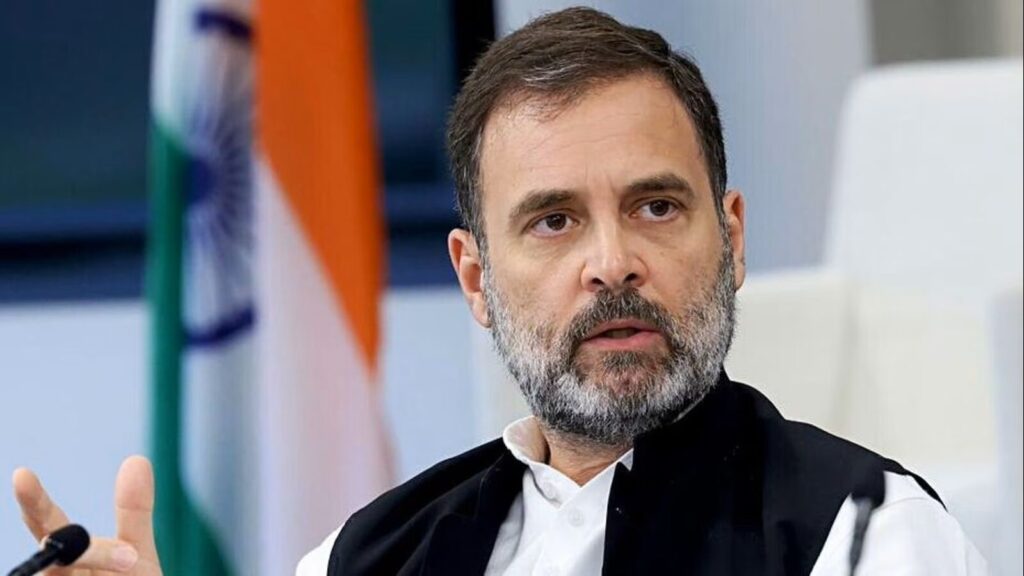“Post Doesn’t Matter”: AAP’s Dhaliwal Steps Aside for Collective Leadership Win
In a significant political move, Punjab Minister and Aam Aadmi Party (AAP) leader Kuldeep Singh Dhaliwal has stepped down from his ministerial post, stating that the decision was made entirely on his own. Addressing the media from Chandigarh, Dhaliwal clarified that there was no conflict or dissatisfaction within the party ranks and that his resignation was in the larger interest of giving opportunities to others.
#WATCH | Chandigarh: Punjab Minister and AAP leader Kuldeep Singh Dhaliwal says he has resigned from the ministerial post
— ANI (@ANI) July 3, 2025
He says, "I have resigned on my own. Punjab comes first for me; post and department are not important for me. I was told that someone else would be given a… pic.twitter.com/MnW1PrlEUY
“I have resigned on my own. Punjab comes first for me; post and department are not important for me.” These were Dhaliwal’s words during his official statement, signaling a tone of selflessness and party unity rarely seen in current Indian politics.
Dhaliwal, who served as a Cabinet Minister in the Bhagwant Mann-led Punjab government, held important portfolios and was considered a key figure in AAP’s rural development initiatives. His sudden exit has drawn attention, especially amid discussions around cabinet reshuffling and regional rebalancing ahead of upcoming electoral cycles.
While resignations often trigger speculation around internal politics or dissatisfaction with leadership, Dhaliwal was quick to squash any such theories.
“I was told that someone else would be given a chance, so I said yes, definitely a chance should be given, and that is why I have resigned. There is no problem. I am with the party.”
This statement clearly shows that the move is being positioned as part of AAP’s collective leadership model, where opportunities are shared across deserving candidates, and not just limited to senior faces.
Dhaliwal’s Voluntary Resignation Reinforces Punjab-First Ethos
One of the key takeaways from Dhaliwal’s resignation is his continued loyalty to the Aam Aadmi Party. Rather than walking away or lashing out at the leadership, he doubled down on his support, stating that his commitment to Punjab and the party remains unchanged.
Dhaliwal’s decision also reflects the internal culture the AAP has been trying to project—one where ministerial positions are not permanent privileges but roles of service that can be rotated based on the party’s evolving needs. It is also seen as a way to refresh the Cabinet and bring in new regional or community-based representation.
The resignation comes at a time when the AAP is gearing up for major electoral challenges in the state, and such reshuffles may help balance caste, region, and constituency dynamics. Political observers believe that Dhaliwal may be entrusted with a party organizational role or constituency-specific assignment in the coming months.
His respectful tone and alignment with party messaging help counter the narrative of political instability, which often surrounds resignations in other parties. Instead, AAP appears to be using the moment to showcase internal discipline, humility, and collective leadership.
As of now, the Punjab government has not announced a replacement for Dhaliwal’s portfolios.





















